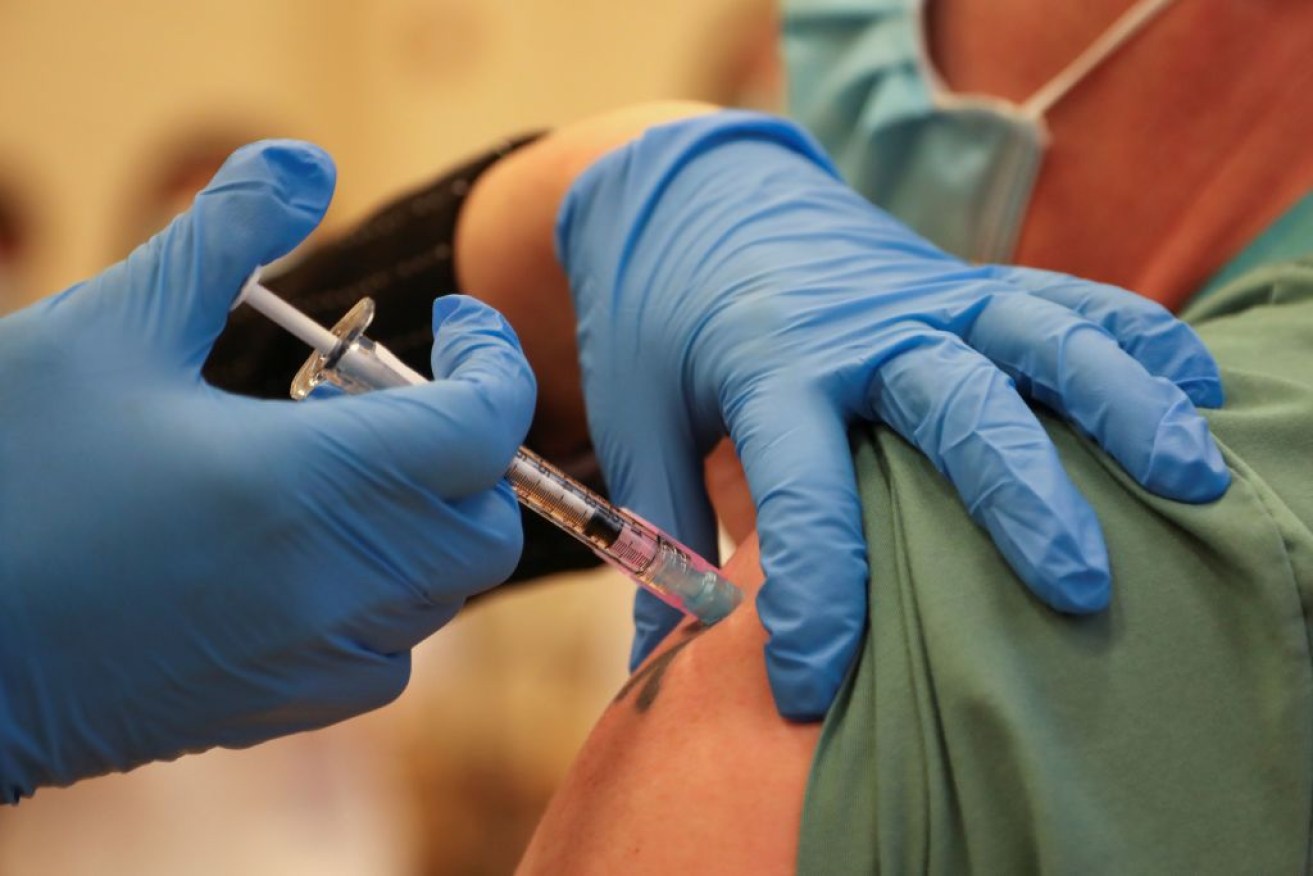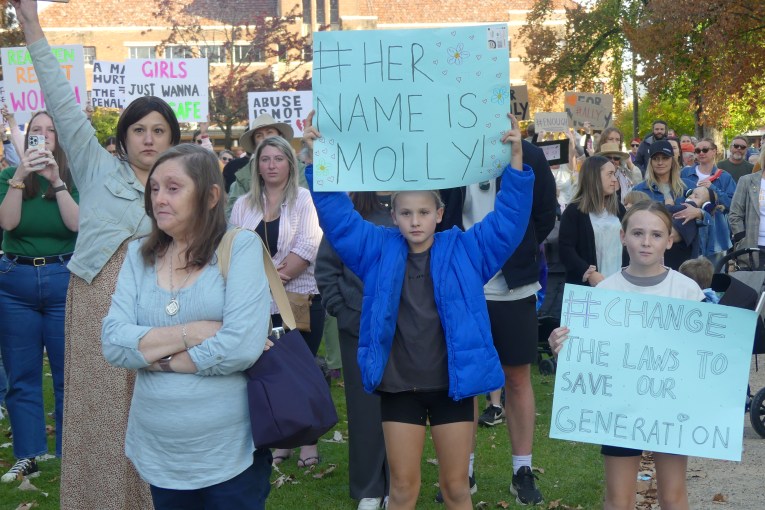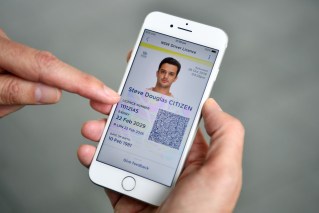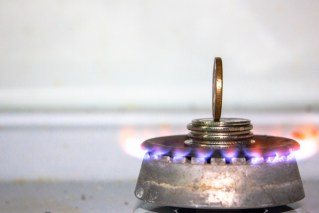Vaccine hesitancy: Survey reveals why Australians don’t want the shot


Australia leading medical experts have declared the vaccines perfectly safe, but that's not enough to convince the sceptics. Photo: Getty
Australia’s repeated lockdowns appear to have one positive silver lining – an impact on the rates of vaccine hesitancy.
In early May, 33 per cent of Australians said they were unlikely to get the COVID vaccine when offered.
Now, a new survey by Murphy’s Law Accident Lawyers (MLAL) has revealed hesitancy has dropped two-thirds since then, now sitting at 11.5 per cent.
It comes as new figures in the Australian Bureau of Statistics’ Household Impacts of COVID-19 Survey shed light this week into why some Australians won’t get jabbed.
The MLAL survey revealed Queenslanders are more than twice as likely (8.55 per cent) to ‘definitely not get’ the COVID vaccine compared to the rest of Australia (3.85 per cent).
Women are more likely to be vaccine hesitant than men, with twice as many (6.1 per cent) saying they are ‘not at all likely’ to get the vaccine, compared to 3.49 per cent of men.
Of those not yet vaccinated, New South Wales had the highest number – 48.14 per cent – saying they are ‘extremely likely’ to get the COVID vaccine, compared to 37.63 per cent in Queensland.
Since May, lockdowns have affected millions of Australians – including Sydney’s lockdown now extended into its third week and Melbourne heading into its fifth since the pandemic began.
Of the 3414 participants the ABS surveyed between June 11 and 20, 73 per cent of Australians agreed or strongly agreed they would get a COVID-19 vaccine when it becomes available.
The main reason people may not want to get a COVID shot were concerns relating to potential side effects (52 per cent) and wanting a different vaccine (15 per cent).
Of those who were not vaccinated, 48 per cent were eligible for the jab, but had not yet got it.
Lockdowns alleviate vaccine hesitancy
Associate Professor Paul Griffin, director of infectious diseases at the University of Queensland, said lockdowns would have played a big role in bringing down the high rate of hesitancy.
“It has to have contributed,” Professor Griffin said.
“What we know is, there are so many factors in terms of perception of risk with the virus or the vaccine, and how applicable people think it is to them.
“Seeing more cases has reinforced the importance of it.”
But the level of real hesitancy among the public won’t be revealed until there are enough vaccines for everyone, he said.
“We’ll see the true hesitancy numbers once supply issues are alleviated,” Professor Griffin said.
To communicate with those people and convince them to get the vaccine, we need tighter messaging around what freedoms people will get back once they’re fully vaccinated, he said.
“We’re seeing so many restrictions, more lockdowns, and the simple fact is we don’t need to have those if we have enough people vaccinated,” Professor Griffin said.
“We’re looking at other countries opening up. We’re going in the other direction. That should be enough motivation.”








